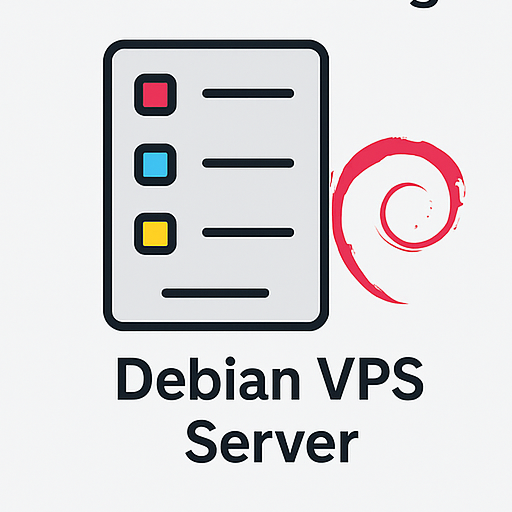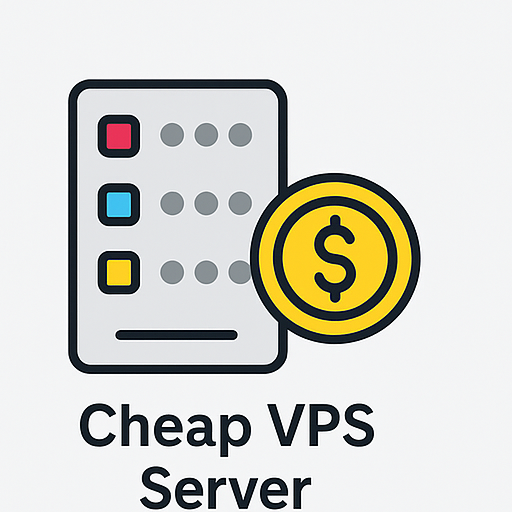
In 2010, cloud infrastructure services began gaining popularity, with AWS leading the way in hosting both public and private IT infrastructures. Web developers in the IT industry increasingly gravitated toward major cloud providers like AWS, Azure, and Google, which offered automation platforms that simplified code deployment and software applications. These platforms freed developers from the burden of system management tasks.
Cloud Backup vs. Colocación: A Comparison
In today’s digital economy driven by software-as-a-service (SaaS), business owners face a choice: either demand optimized applications and platforms from web developers or gradually accept high cloud hosting bills due to resource usage. Many businesses choose the latter, leading to additional software development costs and delays in production.

Hosting de Windows VPS
Remote Access & Full Admin
This trend favors large cloud providers who leverage their purchasing power for cheap hardware and advanced automation capabilities. This enables them to offer «serverless computing,» a model popularized by Amazon AWS, where computing resources are managed without traditional server infrastructure.
Serverless computing enables developers to focus solely on code that meets user needs, delegating infrastructure management to AWS. This fosters innovation and faster responses to market changes.
Colocation vs. Nube
| Colocación | Nube |
|---|---|
| Organization owns the equipment and placement | Equipment and location owned by cloud provider |
| Hardware is placed in a rented professional data center | Pre-configured infrastructure leased for a set duration |
| Organization manages and maintains the equipment | Cloud provider handles hardware, deployment, apoyo, etc.. |
| Access to strong networking infrastructure | Scalability and flexibility of resources |
Major cloud providers realized the advantage of offering IT infrastructure services tailored to developers. As a result, developers prioritize performance over resource optimization, which aligns with high-demand environments preferred by corporate clouds.
This allows cloud providers to charge more for compute time, memoria, almacenamiento, and data transfer, benefiting both developers and cloud vendors but potentially leading to high costs for business owners.
Small and medium businesses (SMBs) choosing major cloud providers may end up paying 30% a 150% more compared to fixed monthly fee hosting services. Colocation services can help SMBs reduce these expenses by avoiding overpriced cloud solutions.
Colocation Benefits
- Ownership of Servers: In a colocated environment, businesses retain physical control over their servers, which can be isolated from public access.
- Cost-Effectiveness: Colocated servers are a cost-effective option, especially when considering provided resources. Businesses can create private clouds on colocated servers using tools like ProxMox VM or VMware ESXi.
- No Software Licensing Needed: Only a monthly service fee ranging from $50 a $150 depending on the data center and provider. Microsoft Windows Server licenses can also be rented monthly if needed.
- Fixed Data Transfer Costs: While cloud providers charge for data transferred per GB, colocation providers often bill based on total bandwidth (Mbps) and data usage (tuberculosis), generally including a monthly bandwidth quota.
Backup and Recovery Costs
Creating backup and disaster recovery plans in the cloud can be expensive due to storage and data transfer fees. By colocating a server with a data center provider, businesses can avoid these costs and instead pay a predictable flat monthly fee.

Necesita VPS de nube asequible
Potencia de nube con control completo
Conclusión
For backup and storage, colocation is often the better choice over cloud storage. It offers:
- Physical Security: Data is stored in secure facilities with strict access control.
- Full Control: Businesses maintain full control over the hardware and software used for data storage.
- Superior Performance: With dedicated resources, performance is more consistent, crucial for high-demand use cases.
Colocation is a smart solution for businesses seeking reliable, seguro, and cost-effective data backup and storage options.
FAQs
1. What is colocation and how does it differ from cloud storage?
Colocation involves renting space in a data center to host owned hardware, while cloud storage involves storing data on third-party managed servers.
2. How does colocation outperform cloud in backup scenarios?
It offers more control and customization, plus physical access to servers.

Reliable Linux VPS Hosting
Perfect for Developers
3. What other advantages does colocation have over cloud storage?
Lower costs for large storage needs, enhanced security, better compliance options, and improved performance thanks to dedicated hardware.

